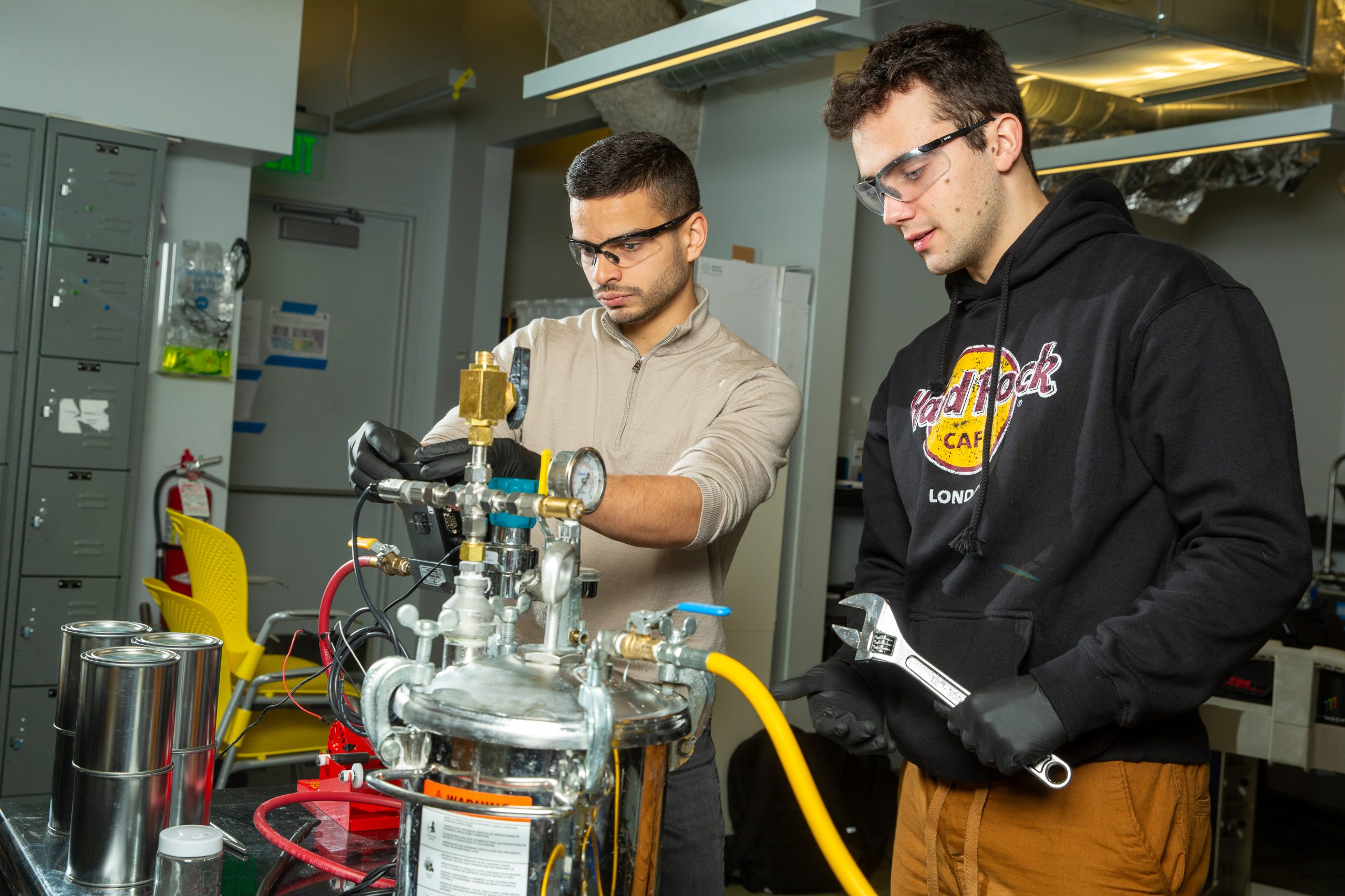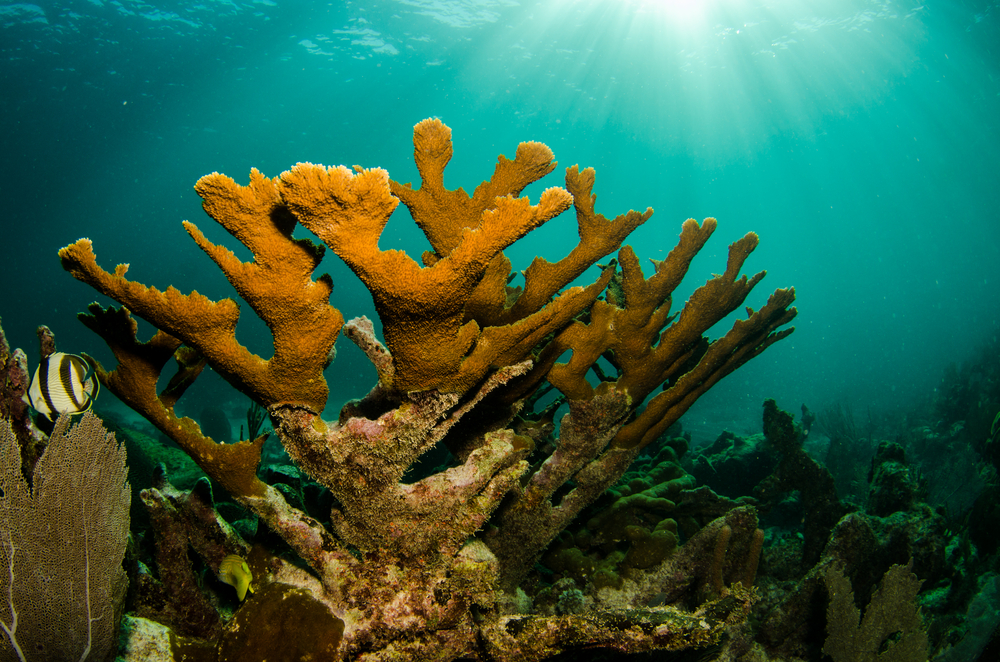15 minutes from Waikiki lies the stunningly beautiful body of water known as Hanauma Bay. It was formed within a volcanic crater and has long been home to a colorful array of marine life. Since Hawaii’s tourism heyday in the 1980s, thousands of tourists have been visiting Hanauma Bay every day, much to the detriment of the local ecosystem.
People entering the bay often have no clue they’re walking on living organisms such as coral, destroying them in the process. Meanwhile, the fish became accustomed to offerings of bread and other human foods, swarming people entering the bay in hopes of a meal. In short, this incredibly unique ecosystem was being changed unnaturally due to the massive influx of people coming each day. Then the coronavirus pandemic came.
While this hasn’t been a blessing for many people, it has been for Hanauma Bay. Friends of Hanauma Bay (FOHB), a nonprofit, has been working with other organizations to closely monitor the bay’s rejuvenation since the closure through photos and videos.
Apparently, water clarity and visibility has improved 64 percent compared to pre-pandemic times. That can be attributed to the fact that there’s no reef-toxic chemical sunscreen floating around the water for the first time in 40 years.
Another beautiful sign is the return of many larger sea creatures. Green sea turtles are reportedly plentiful, as are monk seals. Crustaceans and mollusks are taking back their old homes, while larger fish such as the elusive ulua have also reappeared.
By observing the bay without tourists around, the scientists are coming up with ideas on how to protect it once the pandemic is over. One idea is to limit visitors to 1,000 per day and to use an online reservation system to better keep track of crowds. Requiring reef-safe sunscreen is another idea that could (and should) be implemented.
It’s incredible to see the resilience of nature, even after years of human-caused degradation. At the Optimist Daily, the story of Hanauma Bay gives us hope that we can restore the ecosystems that have been damaged through human activity over the past century.












